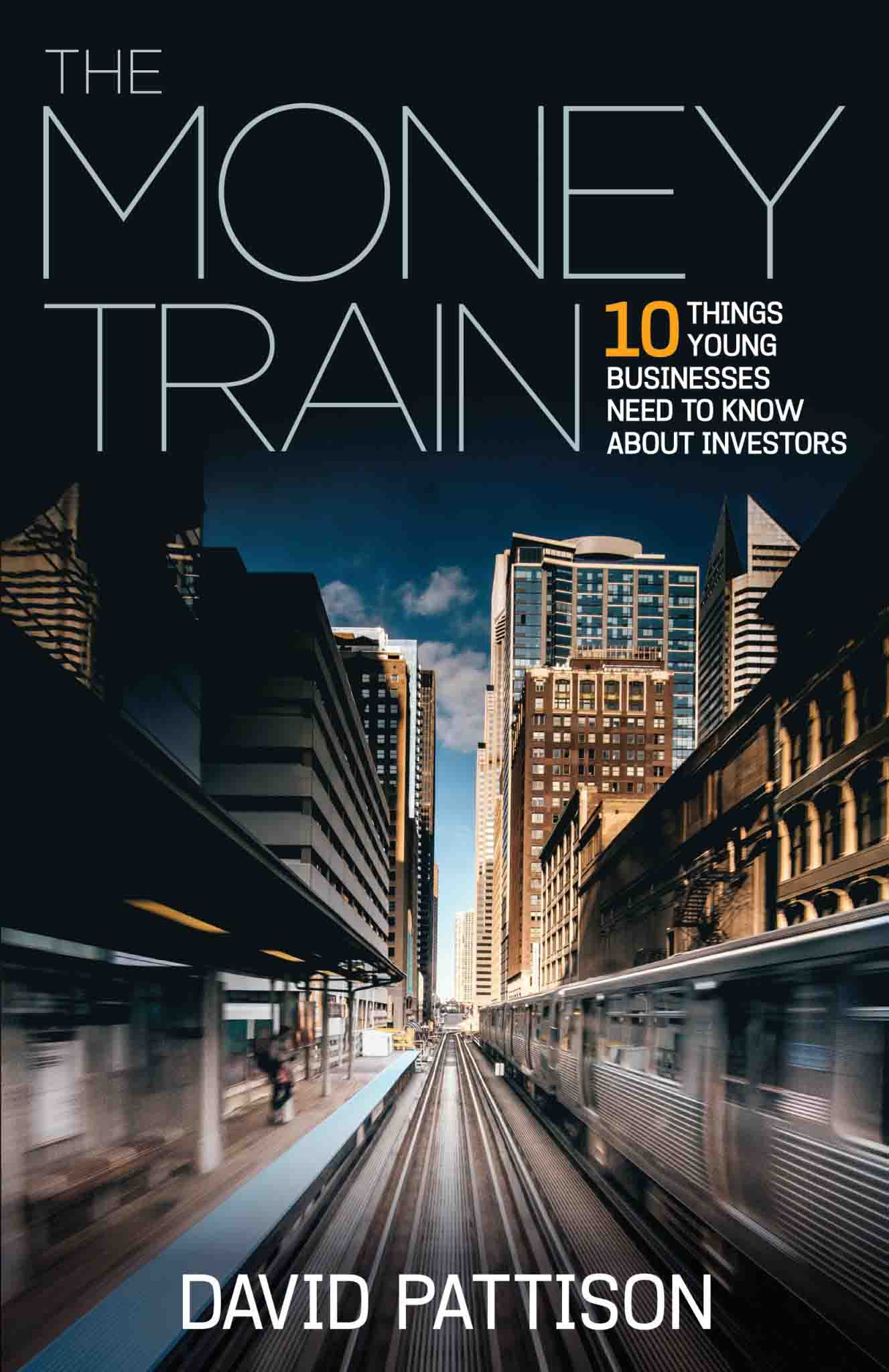When looking at the investment market if you want to broadly categorise investors in young businesses, in my experience there are two types:
- The ‘emotionals’ – who are generally friends and family, angel investors and some high net worth’s and can get very excited by investment opportunities.
- The ‘rationals’ – who are experienced high net worth’s and institutional investors in the Private Equity and Venture Capital sectors and approach an investment deal in a very business-like fashion.
In the early stages of raising investment most young businesses look to friends and family or the angel investment community. This fundraising has come about through a personal relationship where levels of trust are already baked in. For the most part, it is easy to keep the trust in place during the fundraising process and after the deal is complete.

Where I often see trust issues is when the business looking for investment moves from the ‘emotional’ investors to its first serious raise from a ‘rational’ institutional investor. Part of this is down to the founders not being ready for the process, but part of it is down to the business-like attitude from the prospective investor. I don’t think that the institutional investors either realise, or maybe care, that the change can come as a massive shock to a lot of founders.
I have seen, both close up and at arm’s length, a lot of very successful investor/founder relationships that have worked well for all parties. I spend a lot of time with companies helping them to prepare for the investment process. With these experiences I have seen how maintaining trust with founders can often lead to significantly enhanced returns on an investment. I have also seen how mistrust can lead to friction and a breakdown in the relationship.
The biggest area of trust contention is around the investors’ money. Institutional investors are judged on their financial performance alone. Therefore, everyone should understand that there is only one thing that investors care about – their money, and how much their money needs to make.
If everyone understands this, then it shouldn’t get in the way of the trust relationship.
 With that understood what else can an institutional investor do to build and maintain trust with founders?
With that understood what else can an institutional investor do to build and maintain trust with founders?
- When first looking at the business remember that it is the founder’s baby. Starting a new business is hard. The founders will have put a lot of blood sweat and tears into the business. Pay them some respect.
- Founders can be a bit dismissive of investors that have not ‘been there and done it’ and worry that you don’t understand. If you haven’t founded a business let them know what experiences you can bring to help them.
- Founders do not want you to run the business for them. If things are not going well, they should expect an intervention but if they are going well trust them to keep driving the business. Nothing builds trust like trusting someone.
- The due diligence process is always brutal and makes most founders feel like fraudulent criminals, even when they clearly are not. Point out the good you have come across as well as the areas where there is room for improvement, what difference that improvement will make and how that improvement might happen.
- It’s odd but I very rarely see investors telling founders and their senior teams how good they are and how much they value them in the business. Do it.
- Let the founders know what sort of investor you want to be. Are you bringing money and looking after it or are you an investor who wants to help build your investment by helping the business grow? Involved or arm’s length, get that clear early on.
- Be open about all the clauses in the various agreements and explain why you need some clauses that seem not to be needed or are particularly harsh on the founders. Never try and sneak in unflagged clauses at the eleventh hour. You might get them through, but it will kill any trust.
- Be clear on your ambition for your money and the time frame you want to be involved for. Things can change but exits need to be part of a plan for any business.
- Just as investors don’t want nasty surprises nor do founders. Make sure that all news travels at the same speed, both good and bad.
- Some investor board representatives seem to take delight in trying to trip up founders, particularly in board meetings. All this does is ensure that board meetings are low on information and even lower on trust. Ask the hard questions not the trick questions.
Founders constantly tell me that investors ‘don’t do empathy’. In most cases they probably shouldn’t as they have invested a lot of money in a business that may or may not succeed and they want to drive the founders to succeed on the investor’s behalf. But there are occasions when a quick call or an unsolicited offer of help can pay real dividends with relationship building.
Some investors do not care about their relationships or trust levels with founders. That is their choice. But there is a trend in the market that isn’t going away. Founders of good businesses are being more discerning in which investors they choose to partner with and doing a lot more due diligence on prospective investors. The good businesses are less risky and that’s where the money will be made. If investors want to get the very best companies into their deal flow, I suspect that building a trusting relationship will be an increasingly important factor in founder choice.


